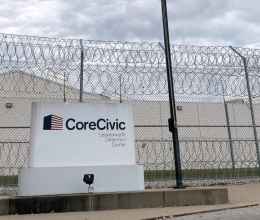SAME WATER COMIN' ROUND: Quindaro as a Vision for Kansas
An unlikely though distinctly American group of multiracial people founded Quindaro – white Massachusetts abolitionists, Black freed people, and Indigenous people established Quindaro, meaning literally, "a bundle of sticks," but figuratively, “strength in unity.”
History can instruct us on tomorrow, as well as on yesterday. So, with Kansas’ rich history as a backdrop, the ACLU of Kansas wanted to offer a vision of what Kansas could be. Prof. Shawn Leigh Alexander, chair of the African/African American studies department at the University of Kansas, says Quindaro might be the nation’s best example of a multiracial democracy. To become a better version of that today requires a purposeful confrontation with our history.
As a multi-racial democracy in which women also held leadership roles, Quindaro represents our greatest aspirations but also the fragility of our democracy. Democracy must work for everyone, or it is not a democracy, and Quindaro began as what the nation eventually hoped it could be – a multiracial democracy.
So, we brought history to bear on issues including criminal justice reform, voting rights and gender equality. Along the way, we hoped to explain the causes of our nation’s deep economic inequality, the mass incarceration that makes us the most punitive nation in the world, the frequent spasms of violence, the bitter political divisions, and our stingy social safety net.
Quindaro’s story echoes in the Kansas story, from the “free state” narrative to the status of women, to a host of progressive ideas to our social and political aspirations. The settlement and the neighborhood offer a frame for understanding Kansas as well as America.
But again, this story isn’t about Quindaro the place, as much as it is about Quindaro the idea. Quindaro, the vision. Quindaro, the aspiration.
The New York Times’ 1619 Project offered inspiration. That project helped lay bare how anti-Blackness shaped the nation's politics, citizenship, economy, and music. The lack of understanding about this history has left most Americans ill-equipped to understand inequality and has led to stubborn opposition to efforts to address historical racial injustice.
History is powerful. Especially when we recognize that tomorrow is being dragged forward, along with the past, on its white-tipped waters and that to break the cycle of history, we must study the past closely, and stand brave enough to make different and better choices.
Quindaro distilled the best of its diverse founders into an identity, an identity we can yet assume as a state and as a nation by leaning into its story and into its promise.
Documents
Related content
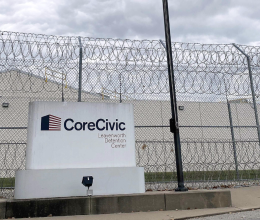
CoreCivic plans for ICE facility in Kansas have generated public...
April 8, 2025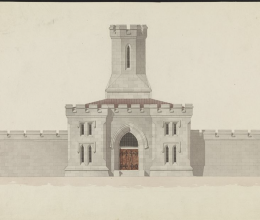
This Kansas town knows prisons. It doesn’t want a for-profit...
April 6, 2025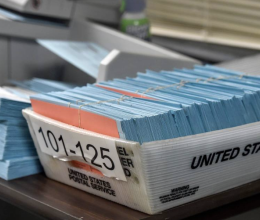
Kansas to eliminate 3-day grace period for mail-in ballots after...
March 26, 2025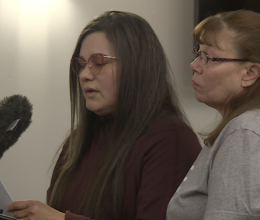
Opponents of CoreCivic packed Tuesday night's Leavenworth...
March 25, 2025ACLU of Kansas reacts to state legislature’s attack on right to vote
March 25, 2025ACLU of Kansas reacts to state legislature’s attempt to rewrite...
March 19, 2025
As lawmakers scheme to pass a destructive voting bill, let’s...
March 13, 2025